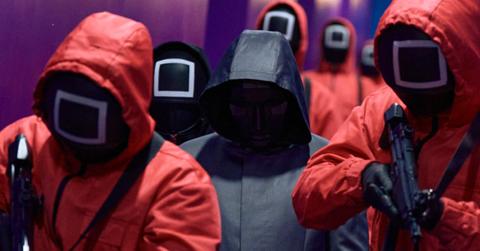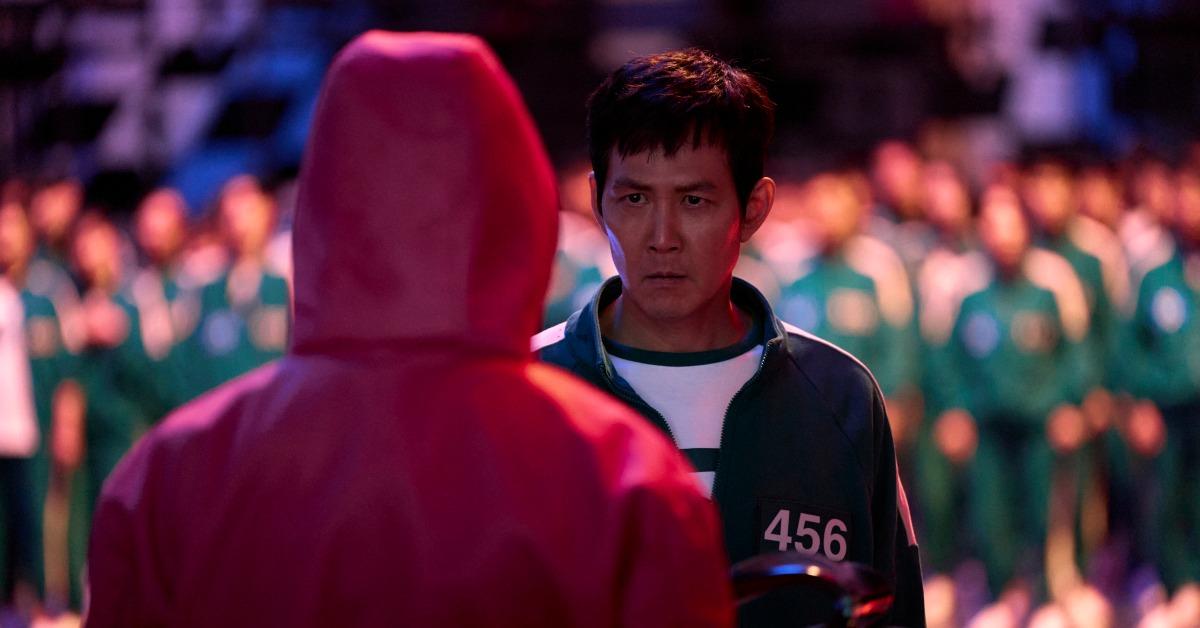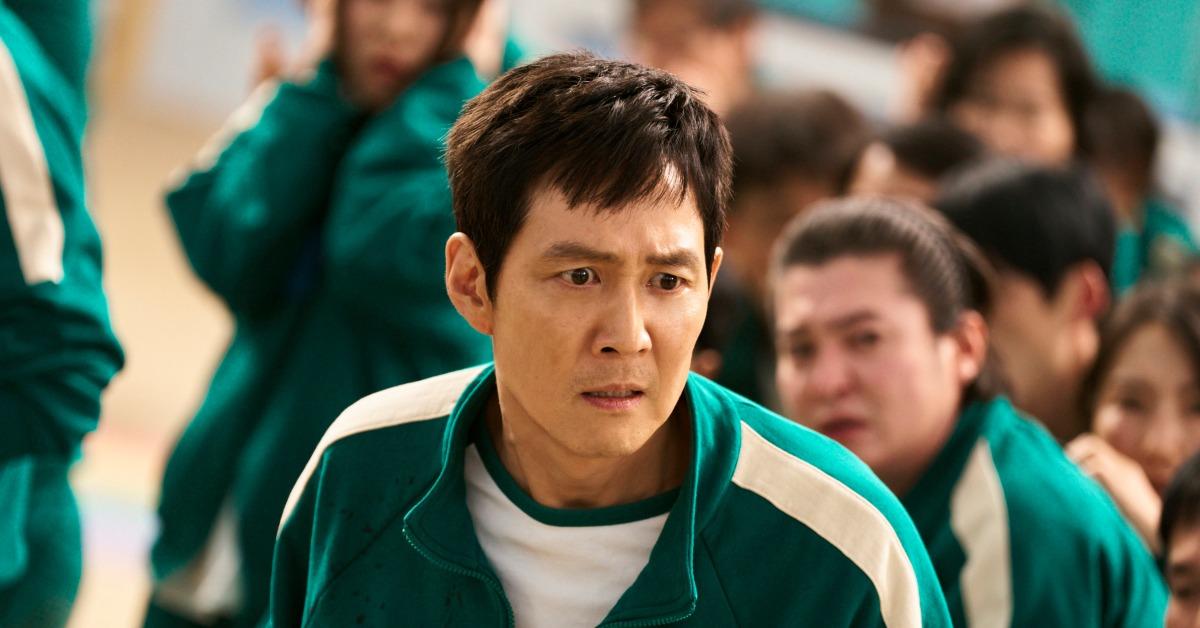Was 'Squid Game' Based on a Real Story From 1986? Here's the Theory, Explained
The 1988 Seoul Olympics were on the horizon, and the government wanted to clean up the streets.
Published Jan. 6 2025, 12:13 p.m. ET
In the world of Squid Game, contestants undergo games that are hard to imagine experiencing. From deadly "red light/green light" to challenges that require steady hands and steadier nerves, the show lays bare the horrors of capitalism, greed, and desperation. While people compete for money and lose their lives in shocking ways, the series takes on a macabre and satirical voice that holds a mirror up to some of society's less-flattering aspects.
It would be difficult to imagine a scenario in which so many horrific acts would happen in real life. But there's a theory claiming exactly that; stating that Squid Game is based on a real story that happened in 1986. So is it true? The truth behind the theory is almost like the game "two truths and a lie."
Is 'Squid Game' based on a real story from 1986? Here's the theory, explained.
There are videos floating around on TikTok and other social media apps claiming that the series is based on a real story from 1986. In one video on TikTok, an overlay reads, "Squid Game was based on a true story (1986). It took place in a bunker underground in no man's land, where people were held hostages and had to complete several games to survive. The host with un-human-like thoughts were never found." So, is it true?
It does not appear to be true. "No Man's Land" could potentially be the Demilitarized Zone (DMZ), which is an unoccupied strip of land between South Korea and North Korea.
There's nothing online to suggest that the games were based on any exact true story from 1986. However, photos shared in the background of the TikTok video do look convincingly real. And that's because they are.
While it does not appear that the Squid Game story is based on a true story that exactly mimics the series plot, the photos are from a real place. And the truth behind that place is horrifying on its own.
The Brothers House was a real place, and a true house of horrors.
To set the stage: It was the 1980s in Korea, and the country was beginning to recover from the ravages of the Korean War 30 years prior. The 1986 Asian Games and the 1988 Seoul Olympics were on the horizon, and the government wanted to portray a country on the rise, with a gleaming reputation. In 1981, President Chun Doo-Hwan was in charge, a general who had seized control of the government in 1980 during a political coup.
According to the BBC, the president wrote a letter to then-Prime Minister Nam Duck-woo, requiring him to "crack down on begging and take protective measures for vagrants." This led to the establishment of several "welfare centers," where they ostensibly detained vagrants. In reality, the welfare centers became "concentration camps" that led to the torture, rape, and brutal deaths of hundreds of detainees.
The welfare centers received stipends based on how many people they "served."
So it wasn't long before they began picking up anyone they could reasonably grab, including children and citizens who couldn't show proper identification on the streets.
They were bussed to Hyungje Bokjiwon, known as "Brothers' Home," where they experienced concentration camp-like horrors including starvation, beating, and more. It was rumored that the inmates were forced to participate in torture called "games," which may be why some link Squid Game to the real-life horror that was Brothers' Home.
The 'Squid Game' creator has discussed the junction of reality and the series.
The "welfare centers" were officially closed in 1987 after over 30 inmates escaped and revealed the horrors occurring at the centers.
While Brothers' Home bears some horrifying similarities to the Squid Game story, creator Hwang Dong-hyuk has revealed that there is some foundation in reality.
In a 2021 interview with The Korean Times, he spoke about drawing inspiration from children's games in Korea. Although he first created the concept in 2008, it took over a decade before the world was ready to meet the violent and sensational story. He explained, "After about 12 years, the world has changed into a place where such peculiar, violent survival stories are actually welcomed. People commented on how the series is relevant to real life. Sadly, the world has changed in that direction."
"The series's games that participants go crazy over align with people's desires to hit the jackpot with things like cryptocurrency, real estate, and stocks. So many people have been able to empathize with the story," he continued.
Although the world has moved to a place where greater violence and economic desperation are relevant, Hwang still had to be careful to blend believable and relatable elements with those that are fantastic to keep the story interesting.
He explained, "Such a situation would never happen in real life so it's unrealistic and could possibly only appeal to those who like this specific genre. So I had to find the perfectly even balance between fantastic and real-life elements."
So while Squid Game does draw some parallels to real-life events, including the 2009 Ssangyong Motor Company layoffs in Pyongtaek which saw 43 percent of the workforce laid off in a day, and Brothers' Home, the story appears to be a mostly fictional mirror for society on the pitfalls of greed, consumerism, capitalism, and the desperate straits that people find themselves in.


